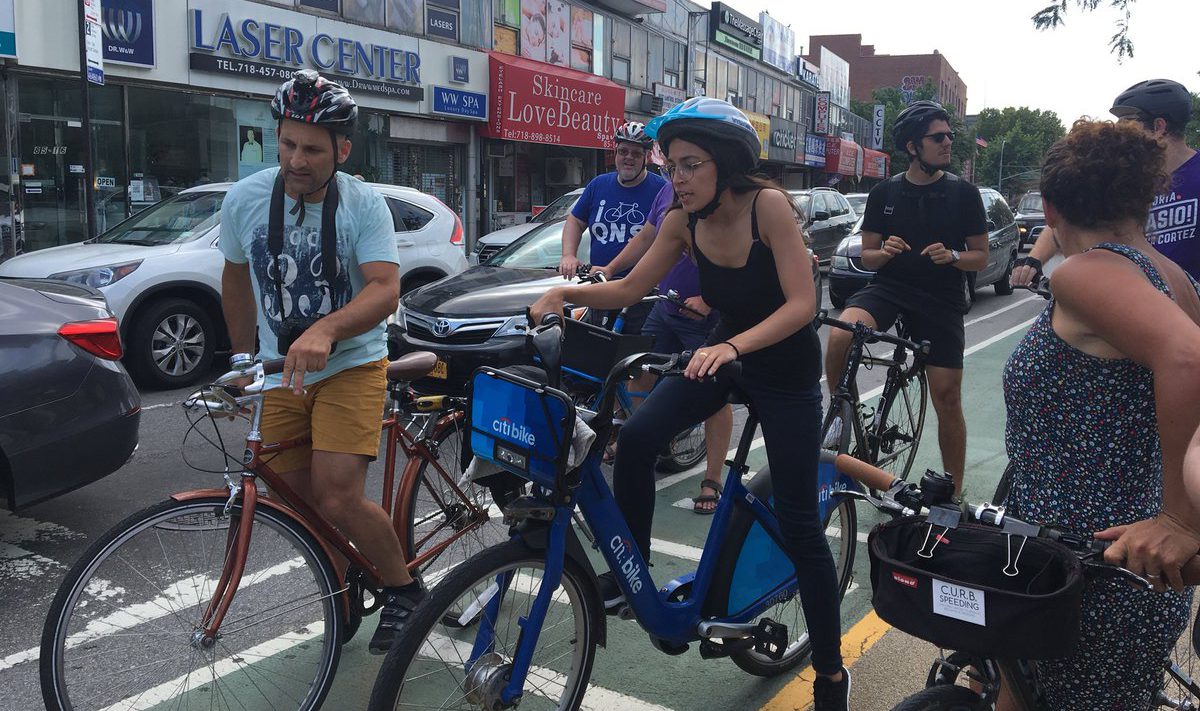Isn’t it tiresome when people set up their terms to fit their belief? Like healthcare; who believes, when faced with a heart attack, cancer, stoke, broken leg, flu or 100s of conditions that “healthcare is not much good” unless “there are jobs or a thriving economy to paid for [it].”
Really? Universal education, literacy has no worth without work? if I don’t have a job, I should get sick and die?
Tell that to the 1000s of Angolans and Namibians saved by Cuban doctors; the Cuban soldiers who fought the incursions of South African troops.
But note: the job is a canard–it ignores how Cuba organized against the boycott/embargo to survive–a bigger influence than communism on the economy, and an ever present military threat as the US invaded Panama, Haiti, Grenada; was involved in the assassination of Allende in Chile, and supported the junta in El Salvador.
For the last 10 years, World Bank data shows Cuba’s per capita GDP steadily increasing and it now ranks in the middle of the world’s nations.
The political economy in Cuba uses fees the state acquires from contracts and sugar cane to fund basic services–and pay for education and health care, including training. The model of the US taxing individuals is only one of many models of political economy. Others are successful and growing; see Brazil and China, both which use government revenues from free market transactions (Brazil, oil) to pay for citizen services and infrastructure.
No one except the US as a matter of policy abandons the poor.

